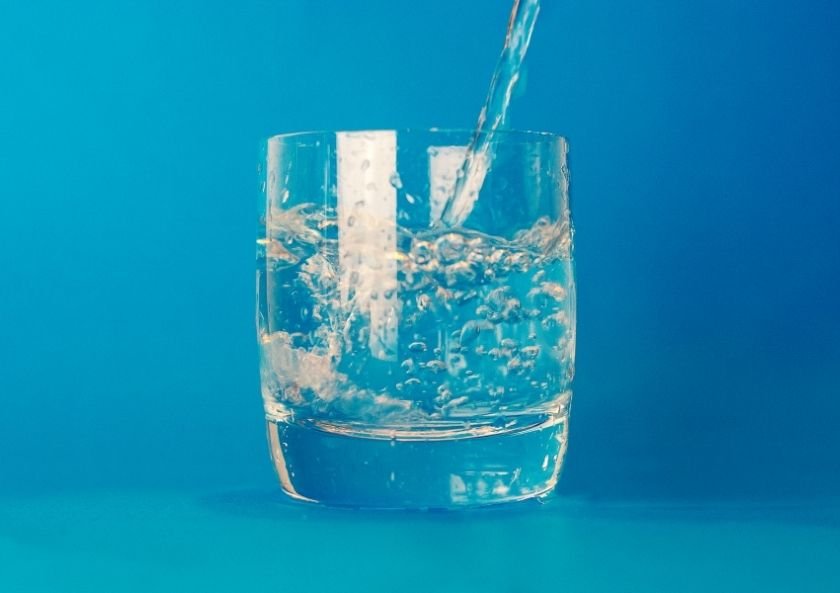Aquagenic urticaria; It is a type of urticaria that causes redness after touching water. This is a type of physical hives and is associated with itching and burning. Aquagenic urticaria is thought to be a water allergy. However, research is limited.
According to the 2011 report, there are less than 100 cases of aquagenic urticaria reported in the medical literature. Hives from this condition can be triggered by many water sources, including:
- Rain
- Snow
- Sweat
- Tears
What Causes Water Allergy?
Researchers are still working to determine the exact cause of aquagenic urticaria. Some think the reaction is caused by chemical additives in the water, such as chlorine, rather than coming into contact with the water. The allergy-like symptoms you may experience from this rash are due to the release of histamine. When you have an allergic reaction, your immune system releases histamines as a response to fight the harmful substance. These histamines can trigger allergy-like symptoms, depending on which part of the body is affected.
What are the Symptoms of Water Allergy?
Aquagenic hives; is a rare condition that can cause an itchy, painful rash. This rash usually appears on the neck, arms, and chest, but hives can appear anywhere on the body. Within minutes of being exposed to water, people with this condition may experience:
- Erythema or skin rash
- Burning sensation
- Lesions
- Strips
- Inflammation
In more serious cases, drinking water can cause you to experience symptoms such as:
- Redness around the mouth
- Difficulty swallowing
- Wheezing
- Difficulty breathing
How is it diagnosed?
To diagnose aquagenic urticaria, your doctor will perform a physical exam to observe your symptoms. They will also review your medical history and may also do a water test. During this test, your doctor will apply a 35°C water compress to your upper body. This is done to trigger a reaction. Symptoms should begin within 15 minutes.
Your doctor will record your response to the water challenge test and compare it to the symptoms of aquagenic itch. Aquagenic itch causes itching and irritation, but does not cause hives or rashes.
What are the treatment options for water allergy?
There is no cure for aquagenic urticaria. However, there are treatment options available to relieve symptoms. Antihistamines are drugs used to treat allergy-like symptoms. Your doctor may recommend that you take a prescription antihistamine to calm your hives after contact with water.
If you have a severe case of aquagenic urticaria and are unable to breathe, you may need to use an Epipen auto-injector. Epipen contains epinephrine, also known as adrenaline. They are used only as an emergency alternative for severe allergic reactions. Epipen raises blood pressure to reduce swelling and hives. When your lungs constrict, they help them work.



